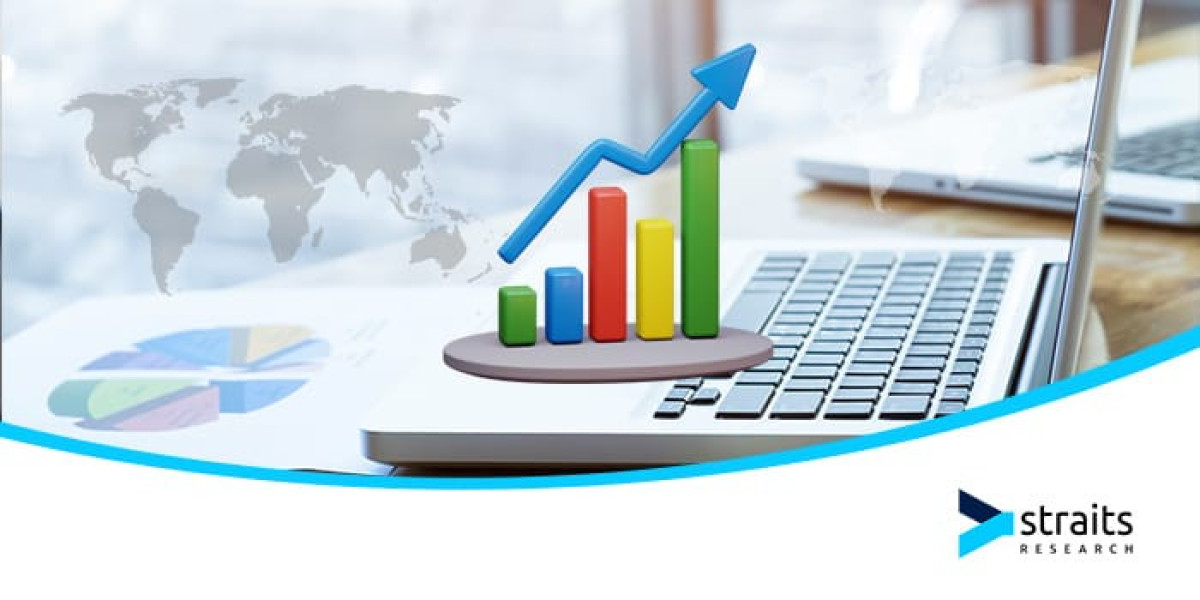The global Lipidomics market, under the Healthcare parent category and Healthcare & Pharmaceuticals child category, is witnessing rapid expansion as healthcare research and pharmaceutical companies increasingly leverage lipid profiling for disease diagnosis, drug development, and personalized medicine. Lipidomics, the large-scale study of cellular lipids and their interactions, has become a cornerstone in understanding metabolic disorders, cardiovascular diseases, and neurodegenerative conditions.
Get Sample Report of Lipidomics Market @ https://marketintelo.com/request-sample/42736
Market Overview
The global lipidomics market was valued at approximately USD 2.1 billion in 2025 and is projected to reach USD 5.6 billion by 2035, growing at a CAGR of 9.2% over the forecast period. Increasing investments in biotechnology research, growing adoption of advanced analytical tools, and the rising prevalence of chronic diseases are primary factors driving market growth.
Get Sample Report of Lipidomics Market @ https://marketintelo.com/request-sample/42736
Key Growth Drivers
Rising Prevalence of Chronic Diseases
Chronic conditions such as cardiovascular disorders, diabetes, and obesity are driving the demand for lipidomics research. Detailed lipid profiling allows researchers and clinicians to understand disease mechanisms, identify biomarkers, and develop targeted therapies.
Technological Advancements in Analytical Tools
Advances in mass spectrometry, chromatography, and bioinformatics platforms have enhanced the precision, throughput, and accessibility of lipidomics studies, making it increasingly attractive to pharmaceutical and clinical research organizations.
Personalized Medicine Initiatives
Lipidomics is integral to the development of personalized medicine, enabling customized treatment strategies based on an individual’s lipid profile. Pharmaceutical companies are leveraging lipidomics data to optimize drug efficacy and minimize adverse effects.
Market Segmentation
By Product & Service
Instruments: Mass spectrometers, chromatographs, and spectroscopic devices for lipid analysis.
Consumables & Reagents: Kits, chemicals, and specialty reagents used in lipidomics research.
Software & Services: Bioinformatics platforms, data analysis software, and consulting services supporting lipidomics workflows.
By Application
Clinical Research: Identification of disease biomarkers, therapeutic targets, and treatment response monitoring.
Drug Discovery & Development: Target identification, validation, and pharmacokinetic studies.
Diagnostic Applications: Early detection of metabolic, cardiovascular, and neurological disorders.
By End-User
Pharmaceutical & Biotechnology Companies: Leveraging lipidomics for drug development and clinical trials.
Research Institutes & Hospitals: Conducting lipidomics studies for disease research and diagnostics.
Contract Research Organizations (CROs): Offering specialized lipidomics services to support pharma and biotech clients.
Regional Outlook
North America
North America dominates the global lipidomics market, attributed to significant investments in healthcare research, the presence of key industry players, and advanced technological infrastructure. The United States, in particular, is a hub for lipidomics innovation.
Europe
Europe exhibits steady growth, driven by government funding for biomedical research, high adoption of analytical instruments, and strong collaborations between academic institutions and pharmaceutical companies.
Asia-Pacific
Asia-Pacific is the fastest-growing region, fueled by expanding healthcare research facilities, increasing pharmaceutical R&D investments, and growing awareness of personalized medicine approaches in countries like China, Japan, and India.
Market Challenges
High Cost of Instruments and Research
Advanced lipidomics instruments such as mass spectrometers and chromatographs involve significant capital investment, which may limit adoption, particularly among smaller research institutions.
Complexity of Data Analysis
Lipidomics generates vast and complex datasets requiring specialized software and bioinformatics expertise, which can pose challenges for integration and interpretation of results.
Regulatory Hurdles
Strict regulatory frameworks for clinical applications and pharmaceutical research can delay the translation of lipidomics findings into commercial products and diagnostics.
Industry Trends
Integration with Multi-Omics Approaches
Combining lipidomics with genomics, proteomics, and metabolomics is becoming increasingly common, providing comprehensive insights into disease mechanisms and treatment responses.
Cloud-Based Data Solutions
Cloud-based bioinformatics platforms are facilitating efficient data storage, processing, and sharing, enabling global collaboration among researchers and accelerating discovery.
Focus on Biomarker Discovery
Pharmaceutical companies and research institutes are increasingly focusing on lipid biomarkers for early disease detection and therapeutic monitoring, creating new market opportunities.
Read Full Research Study: https://marketintelo.com/report/lipidomics-market
Market Outlook and Forecast
From 2025 to 2035, the global lipidomics market is projected to maintain robust growth, with a CAGR of 9.2%. Expanding applications in disease research, diagnostics, and drug development, combined with technological advancements in analytical tools, are expected to sustain market momentum. Strategic partnerships, investment in R&D, and the adoption of multi-omics approaches will further enhance market potential.
Conclusion
Lipidomics is emerging as a transformative field in healthcare and pharmaceuticals, providing critical insights for disease diagnosis, drug development, and personalized medicine. With rising demand for precision therapies, increasing adoption of advanced analytical instruments, and growing investments in research, the lipidomics market is poised for sustained growth. Companies focusing on innovation, data integration, and accessibility are well-positioned to capitalize on the expanding global market.
Related Report








